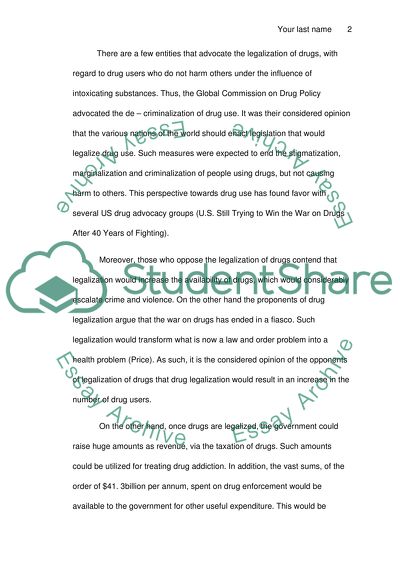Cite this document
(“War on Drugs Research Paper Example | Topics and Well Written Essays - 1500 words”, n.d.)
War on Drugs Research Paper Example | Topics and Well Written Essays - 1500 words. Retrieved from https://studentshare.org/law/1432061-war-on-drugs
War on Drugs Research Paper Example | Topics and Well Written Essays - 1500 words. Retrieved from https://studentshare.org/law/1432061-war-on-drugs
(War on Drugs Research Paper Example | Topics and Well Written Essays - 1500 Words)
War on Drugs Research Paper Example | Topics and Well Written Essays - 1500 Words. https://studentshare.org/law/1432061-war-on-drugs.
War on Drugs Research Paper Example | Topics and Well Written Essays - 1500 Words. https://studentshare.org/law/1432061-war-on-drugs.
“War on Drugs Research Paper Example | Topics and Well Written Essays - 1500 Words”, n.d. https://studentshare.org/law/1432061-war-on-drugs.


